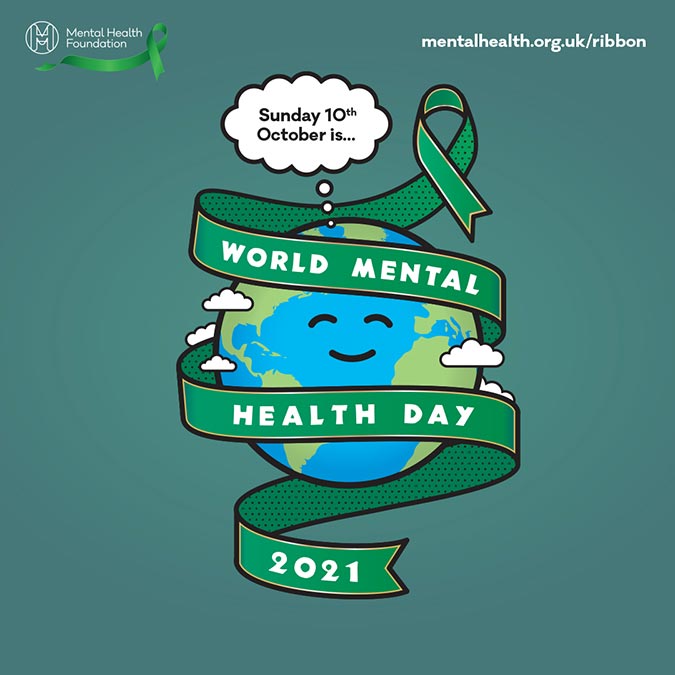…mental health is a human rights issue
Mental health can be underprioritised in low- and middle-income countries, where humanitarian emergencies such as war, civil unrest and natural disasters can also occur and will clearly cause extreme psychological distress. At a time of humanitarian crisis, receiving mental health support can be lifesaving.
The highly concerning Human Rights Watch report found that ‘people with mental health conditions are still being shackled or chained in 60 countries across Asia, Africa, Europe, the Middle East and the Americas’. In many countries, there are no laws to protect people from this appalling treatment – clearly, we still have a way to go before access to mental health services and treatments is recognised as a human rights issue.
If we are to tackle inequality, addressing mental health issues must be at the forefront of this work. Mental health impacts all aspects of our lives. To encapsulate this sentiment, we’ll leave you with this final thought:
‘Mental health equality is human consciousness which brings meaning to the universe. To live in the expectation of compassion, dignity, humour, peace and hope for the future, to propagate and elevate these qualities against adversity, is to be truly human.’
Many thanks to all the HPP team members who contributed to this blog: Alex Pollard, Catherine Hodge, Catherine Whicher, Chris Melson, Ed Harding, Jody Tate, Joe Farrington-Douglas, Karolay Lorenty, Kirsten Budig, Laura Smith, Madi Murphy, Monica Racovita, Suzanne Wait and Tasnime Osama. Their contributions were compiled by Joe Jubb and edited by Kasia Trojanowska.




